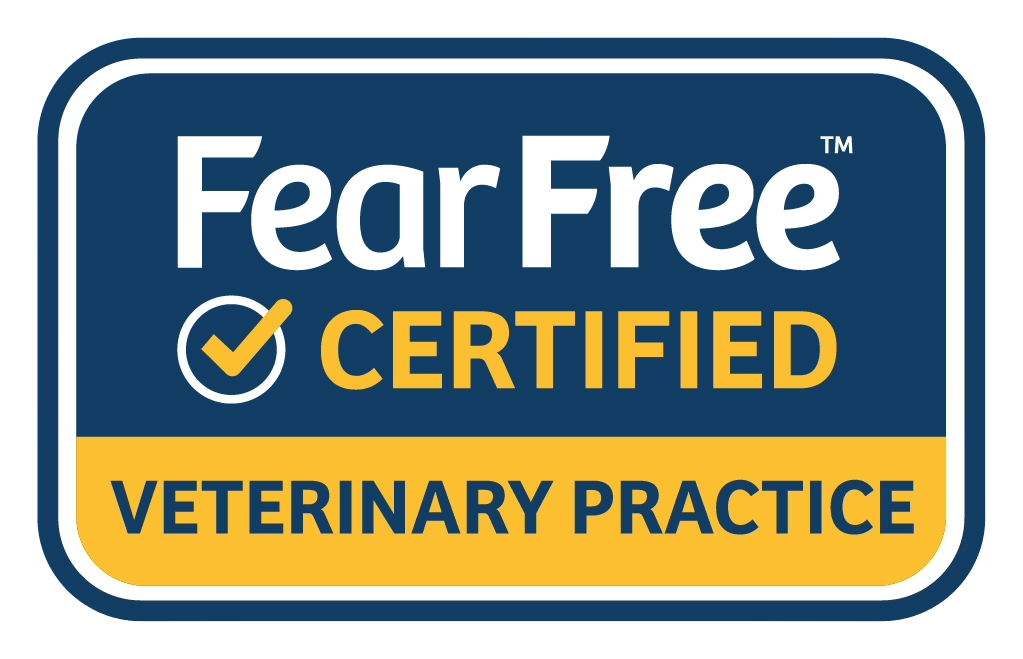How to start your new little furry off on a lifetime of health and happiness.
Summertime is a wonderful time to add a new puppy or kitten to your family. The weather is beautiful and puppies make outdoor activities more fun and kittens are happy distractions in the house.
Veterinarians are here to help our local community select and raise great canine and feline citizens. We want you to get the right pet for your family. Before you make a quick decision to add a new pet, please take some time to think about if that pet is right for your family and the cost both in time and food/vet care it will take to raise. If you have determined that a new puppy or kitten is for you, then consider the many wonderful sources to find your new pet. New pets can be found online, breeders, Craig's List, want ads, and pet stores. Plenty of new babies in need of a forever home can be found at our local shelters or rescues. More than 4 million abandoned pets are euthanized each year in the US and many are less than 6 months of age, a heartbreaking statistic so please consider adopting before buying.
Once a new pup comes into your house, they will want to explore and play. They also have no idea where they are supposed to go potty. Most new puppy owners need some advice on how to house train them successfully. Here a few tips.
5 puppy potty training tips
Tip 1: Prevent undesirable accidents when you're not able to supervise your new pup by confining your puppy to safe area or carrier when away or asleep.
Tip 2: Feed a measured amount at routine times every day and allow the puppy to eat until they wander away or as much as they want for 0-15 minutes.
Tip 3: Take puppies outside within 5 to 30 minutes after eating. If the pup does not eliminate, take back out every 15 minutes until successful.
Tip 4: Offer a small special treat and praise immediately for proper eliminations. Consider an Adaptil collar to help as a calming aid to make the pup feel more comfortable in his new surroundings. See www.ceva.us for more information.
Tip 5: Do not punish a pup for going in the house. Simply clean and disinfect the soiled area. It is your responsibility to prevent accidents! Preventing accidents requires close supervision and knowledge of how often your pup needs to go potty.
With close supervision, positive rewards, and frequent trips outside your new pup will get the idea and be a potty training success!
Not everyone would like to have a dog. In fact, cats out-number dogs as the favored pet in the US. Often a new kitten is coming into a house with other established cats because it is hard to have just one of these wonder creatures. Here are a couple tips for adding an additional kitten.
3 tips to introduce a new kitten into a multiple cat household.
 Tip 1: Give the new kitten its own room and allow this to be a safe haven for the youngster. Swap the kitten into the rest of the house when the other cats are placed in another room to let the new cat smell around and then allow the established pets into the kittens room. Use treats and praise for good behavior.
Tip 1: Give the new kitten its own room and allow this to be a safe haven for the youngster. Swap the kitten into the rest of the house when the other cats are placed in another room to let the new cat smell around and then allow the established pets into the kittens room. Use treats and praise for good behavior.
Tip 2: Start with your new kitten having its own litter box and food/water station. Adding another litter box seems unappealing but so does cleaning accidents off carpet. An extra box helps reduce the risk of all the cats in the house from having inappropriate eliminations.
Tip 3: Consider Feliway plug-in diffusers or sprays to help produce a calming environment for all the cats in the house. See www.Feliway.us for more information.
Both puppies and kittens should visit a veterinarian within a few days after you get them. Why? Veterinarians will screen your pet for congenital problems such as heart murmurs, umbilical hernias, and cleft palates. We will screen your pet for parasites both internally and in the fur, determine when immunizations need to be started and deworm them, educate you on nutrition and proper toys, discuss when spaying and neutering are done and start preventatives to keep heart worms, fleas, ticks, and GI parasites away from your pet. A lot of early care is needed for these little guys and veterinarians are great allies in ensuring they start out on the right paw.
Consider a puppy or kitten preventative care plan offered at Blue Oasis Pet Hospital that combines the costs for the first year of care then splits the cost into 12 equal payments to help budget cost and provide the best care.
Dr. Noël Lucas


